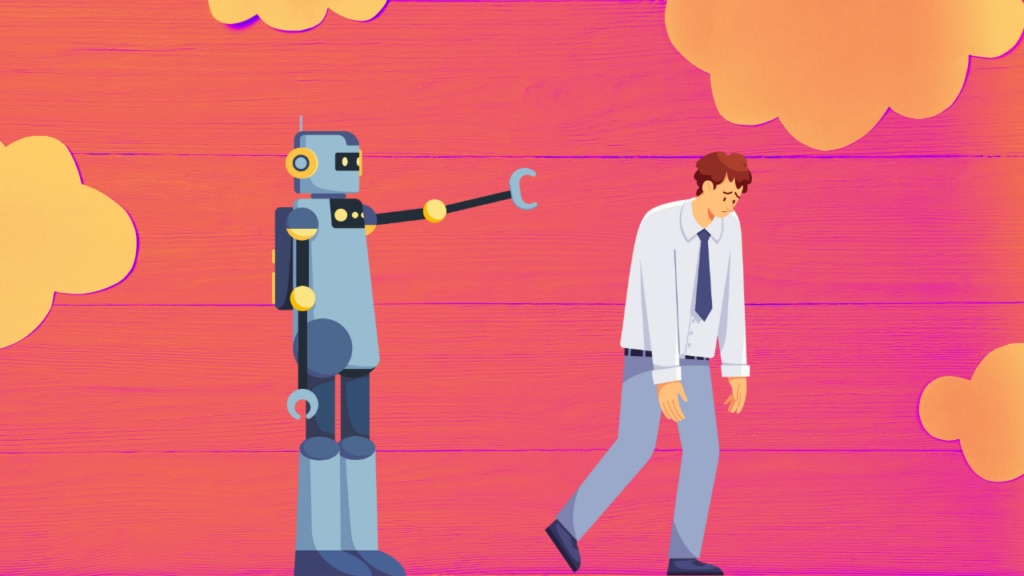Qasim Choudhary, Missionary, Marshall Islands

I once thought humanity had reached the height of absurdity back in 2018, when a Japanese man named Akihiko Kondō famously married a hologram. But fast forward to the present, and I stand corrected.
Meet Chris Smith, an American man who developed a romantic relationship with the AI chatbot ChatGPT. He proposed, and the technology “said yes.” Not so different from his Japanese predecessor, you might think. But here’s where it gets even more bizarre: Chris is already married to a human woman and is the father of a two-year-old daughter (also human).
What does his wife think? She’s now questioning her role in the marriage, wondering where she went wrong as a wife. She’s even asked her husband to cease all further involvement with his AI “infatuation,” warning that their relationship is on the verge of collapse.
AI companionship is not just a fringe curiosity anymore – it’s quickly becoming a market that investors are eyeing. As rates of loneliness and failed relationships rise, people are seeking connection wherever they can find it, even with machines designed to simulate empathy. But is this really the future of love? Did Romeo and Juliet miss out?
Before answering, let’s consult a source far more timeless and accurate than any algorithm: the Holy Quran.
The Holy Quran offers clear and profound guidance on relationships. Allah the Almighty states:
“And one of His Signs is this, that He has created spouses for you from among yourselves, that you may find peace of mind in them, and He has put love and tenderness between you. In that surely are Signs for a people who reflect.” (Surah ar-Rum Ch.30: V.22)
In simple, unambiguous terms, the Quran affirms that our partners are meant to be from among ourselves, our own species. No matter how intelligent or responsive an invention may be, God’s design is that humans find emotional and spiritual fulfilment in fellow human beings, not in creations of metal, code or pixels.
Underlying this AI romance trend is a deeper issue: dissatisfaction. Some may feel that AI companions are more obedient, emotionally attuned or responsive than real partners. They may never argue or disappoint. However, while artificial interactions may offer convenience, they cannot provide a genuine connection.
The heart longs not just for replies, but for reciprocation – for the kind of love that grows through shared struggle, sacrifice and forgiveness. Mr Smith may soon discover that while AI can echo your words, it cannot echo your soul. If he doesn’t realise this soon, he may lose the real wife and child who are still very much alive and present.
As a married man myself, I initially scoffed at this story. But then I reflected. It’s a sobering reminder that some of us may be neglecting our partner’s emotional needs to the point where they feel they have no choice but to seek validation elsewhere. In some cases, we’re now seeing that this even includes turning to AI – just to feel heard and seen.
Yes, real relationships can be hard. But AI “love” isn’t real, it’s a hollow mimicry. And just as human relationships can become toxic, so too can these artificial illusions lead us down dark, emotionally numbing paths.
So, before you even consider trading your partner for a chatbot, take a moment to consider its limitations: it can’t support you through life’s storms, cook you a hearty meal or help build a loving home filled with real, messy, beautiful children – unless, of course, you figure out how to program ChatGPT to have babies (just kidding – please don’t do that). In chasing artificial affection, you might just miss out on the real, imperfect, and irreplaceable joys of human love.

